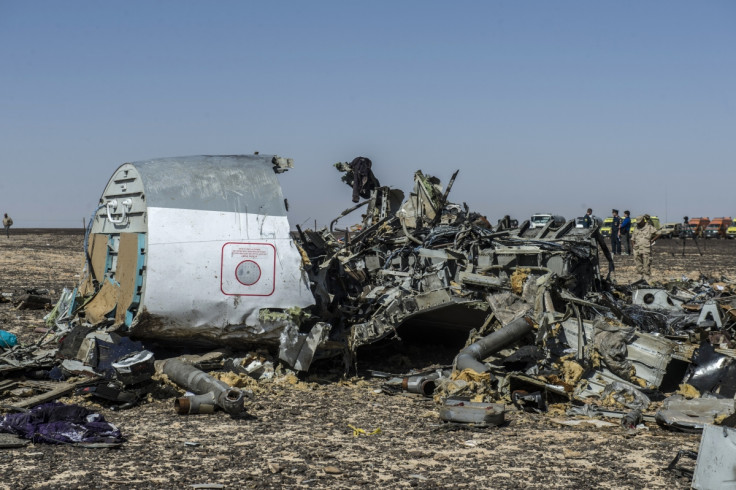Russian plane crash: Black box recording reveals A321 had bomb-like 'sudden and abrupt' demise

Black box recordings of the Russian plane that crashed in Egypt reveal the flight carrying 224 people suffered a sudden and abrupt demise, sources close to the investigation told French media. The development seems to support the theory that a bomb brought down the Airbus A321, killing all those on board.
Flight KGL9268 from Sharm el-Sheikh to St Petersburg disappeared from radars 23 minutes after taking off, as it was cruising at high altitude over Egypt's restive Sinai peninsula.
"Everything is normal, absolutely normal during the flight, and suddenly nothing," a source told AFP, describing the contents of the cockpit voice recorder. "This suggests the event was sudden, and the suddenness immediate".
The source added the possibility that a technical failure triggered an explosion that caused incident was "very unlikely".
Experts from France's bureau of enquiry and analysis for aviation security (BEA) are assisting an Egyptian probe into the crash. Russian and German detectives are also involved in the investigation as the airline Kogalymavia – also known as Metrojet – is Russian, while the aircraft-maker is Franco-German.
The revelation comes after Russia followed the UK in ordering flight suspensions over security concerns. President Vladimir Putin halted all flights to Egypt from Russia two days after London suspended all connections to Sham el-Sheikh, saying it was "more likely than not" the plane crash was caused by a bomb.
The decision was taken over a piece of intelligence that Western intelligence sources described to Reuters as intercepted "chatter" from Islamist militants suggesting an explosive device, possibly sneaked on board hidden in a luggage, caused the disaster.
Hours after the tragedy, the Egyptian branch of Islamic State (Isis) released a statement claiming it had brought down the plane in retaliation for Russia's military intervention in Syria.
© Copyright IBTimes 2025. All rights reserved.






















